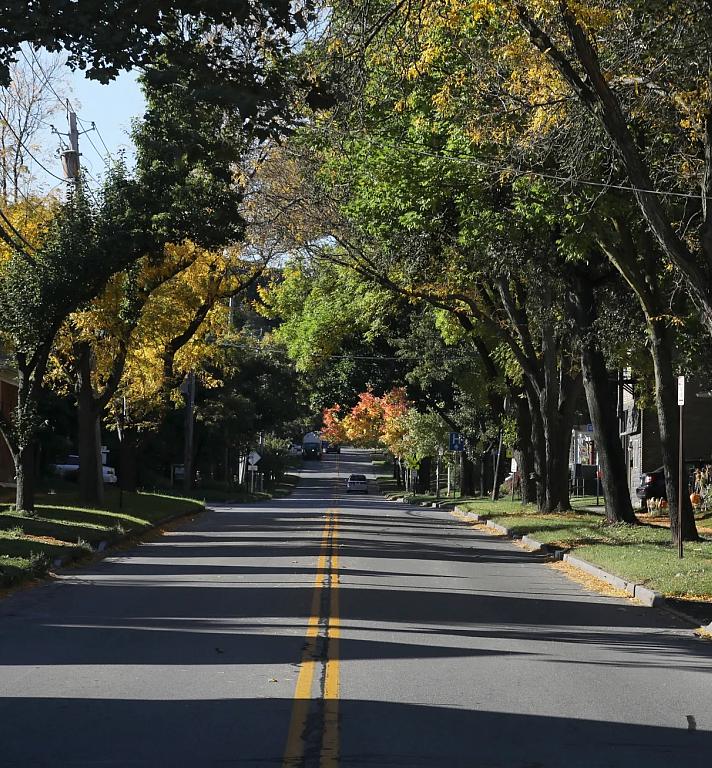Upcoming fellowship dates
October 2026
Description
Our Data Fellowship offers diverse journalists an opportunity to transform their reporting going forward by training them to “interview the data” as if it were a human source. They finish the five-month program equipped with the tools to find and obtain data and perform analyses that can yield new and important investigative insights. As part of the program, participating journalists receive one-on-one mentoring as they produce a major investigative or explanatory health reporting project or a series of individual data-driven health stories that focus on issues important to their communities around the country.
This program offers training on data acquisition, cleaning, analysis and visualization led by some of the most skilled data reporters and journalism practitioners in the nation. They teach journalists how to “bulletproof” their data, ensuring accuracy in reporting. New program components focus on how to use AI in data journalism. Following the training week, Senior Fellows mentor reporters as they pair original data analysis with compelling narratives on long neglected or underexplored issues.
Admitted Fellows receive:
- A $2,000 stipend to defray reporting costs
- A multi-day, in-person training in beginner, intermediate or advanced Excel or RStudio
- Five months of professional mentorship with some of the top data journalists in the country
Fellows also are eligible to apply for professional mentorship in engaged journalism and $1,000-$2,000 to support those creative efforts.
Reporting themes we support
We embrace a broad view of health, which doesn’t just happen at doctors' offices and hospitals. Health is shaped by our environment — our schools, our neighborhoods and our communities. We strive to admit Fellows whose work and interests for their collaboration with us reflect that. And woven through our work is a focus on how systemic inequities can shape life outcomes and child and family well-being. As participants in our program, journalists also learn how our model of impact reporting can lead to narrative and policy change.
The Center for Health Journalism seeks Data Fellowship project ideas for our National Track that celebrate successes and bring accountability when it comes to the economic circumstances, structural barriers and policies that can fracture families and communities or help keep them together. Some of the best journalism to emerge from this initiative has revealed hidden costs and barriers that inspire or provoke innovation and reforms.
Themes include:
- Effectiveness of preventive approaches to improving outcomes for vulnerable children and families
- The impact of chronic stress, poverty and childhood trauma on child development and family stability
- Economic and social forces and government policies that strengthen or weaken families and communities
- Food scarcity and the effectiveness of school and other programs to serve children and families
- The impact on child well-being of school discipline policies, especially for at-risk children contending with instability and hardship
- The impact of housing insecurity for children and families -- are systems to ensure safe and adequate housing working to help support families?
- Safety net programs, their effectiveness and their impact on family stability
- Health care policies and access to care for children and families and the impact on family stability
- Unmet mental health needs of children or parents and access to lack of services
- The intersection between partner violence and child abuse
- The intersection of race/ethnicity and/or class in child and family outcomes
- Solutions-focused explorations of the impact of government systems on children and families, including foster care and child protective services
The Center for Health Journalism seeks Data Fellowship project ideas for our California Track that highlight promising interventions or explore inequities in access to health care, community health and the functioning of health care systems. We encourage investigations into how health is shaped by the conditions where we work, live and go to school, and the well-being of children and families. Journalists participating in our California track have documented how where you live matters in life expectancy and health outcomes, growing environmental harms related to climate change, food scarcity among undocumented immigrants, progress in addressing persist racial disparities in maternal health outcomes and the consequences of jailing more people who are homeless in the wake of the Grants Pass Supreme Court decision. Themes include:
- Racial, ethnic, economic and geographic disparities
- Health impacts of income inequality and economic insecurity in historically disenfranchised communities
- Efforts to reimagine public institutions and programs to better serve communities
- Homelessness and interventions to alleviate it
- Maternal and infant health and efforts to address racial disparities in maternal and birth outcomes
- Performance and access to California’s safety net programs, including Medi-Cal
- The impacts of federal and state health and social welfare policy for vulnerable California children, families and communities
- Health and mental health access challenges for vulnerable populations
- Addiction and mental health challenges and programs to address them
- Immigrant health and well-being in an era of mass deportations
- Health-related environmental justice issues
- The school environment and the emotional health of children
- Public policies — or failings of public policies — to address the high cost of housing, transportation challenges, air pollution and neighborhood safety
- Innovative solutions to the state's public health and health care challenges
Interested in applying? Please fill out the contact form below and somebody from our Center will reach out to you.
Sign-up for our newsletter as well for updates and deadlines for future opportunities to apply.
Don’t see your question answered there? Reach out to us at chj@usc.edu.

The complex skills and mentoring reporter Justin Murphy gained as a Data Fellow fueled his high-impact series on the unequal distribution of trees in Rochester, New York. Major new investments soon followed.
